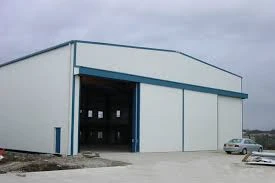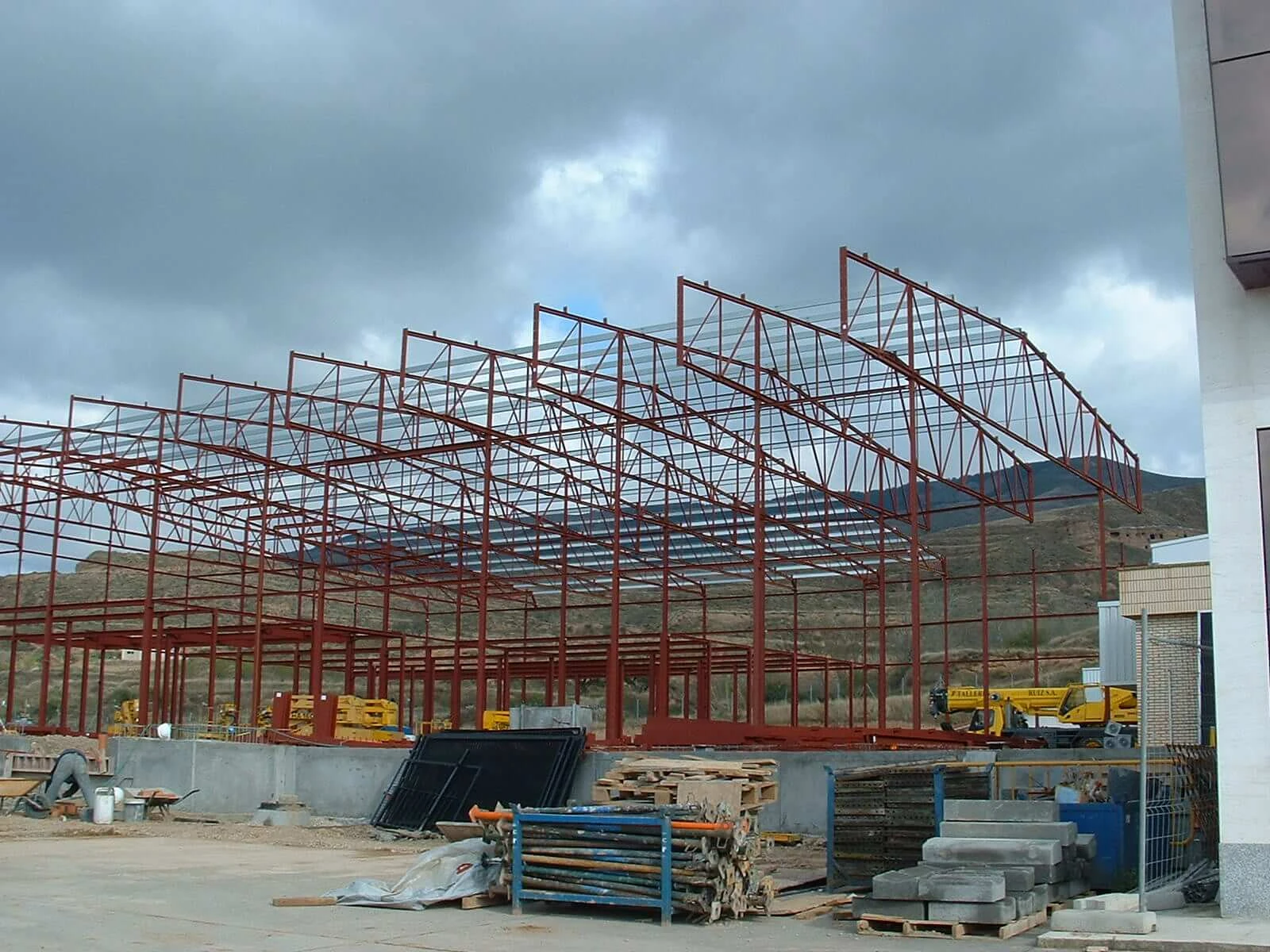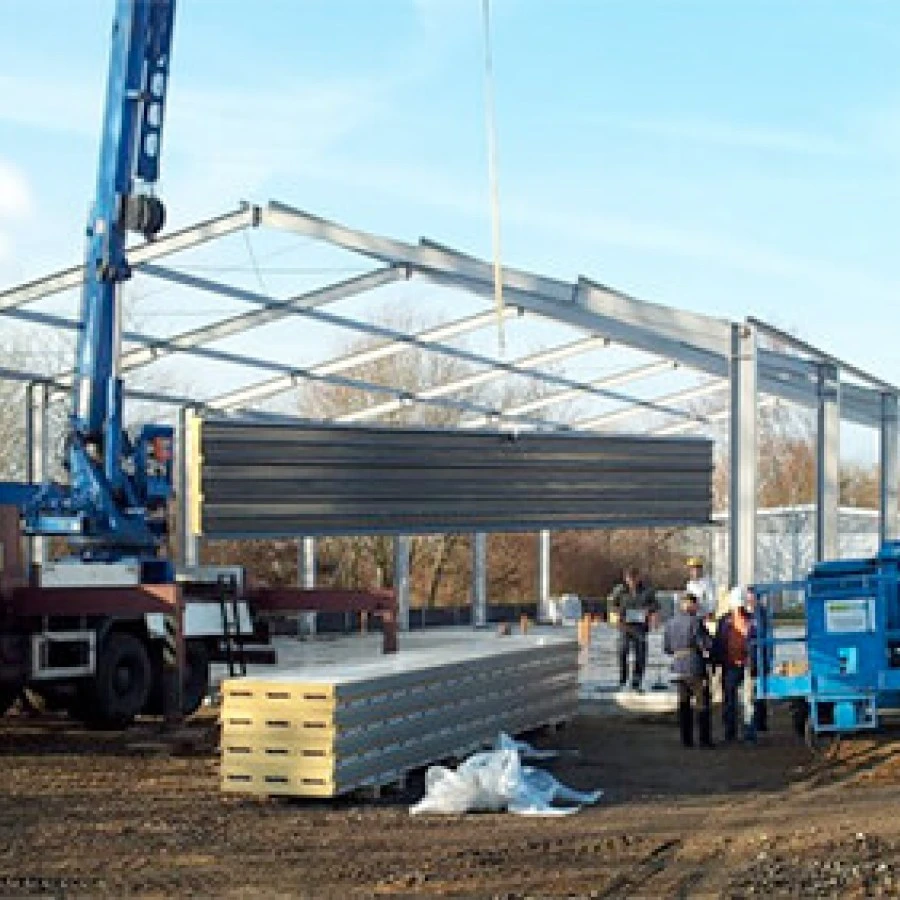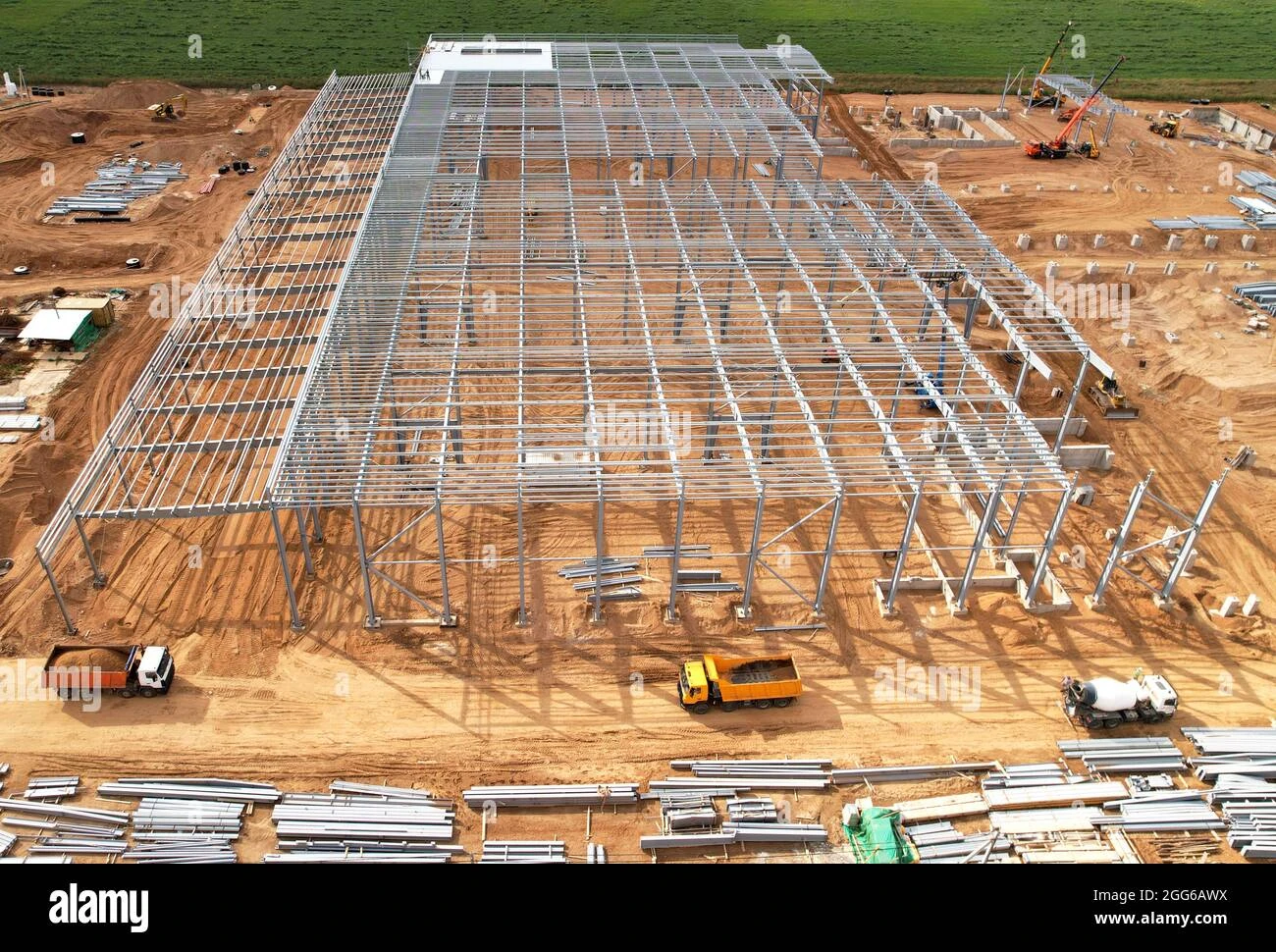- Afrikaans
- Albanian
- Amharic
- Arabic
- Armenian
- Azerbaijani
- Basque
- Belarusian
- Bengali
- Bosnian
- Bulgarian
- Catalan
- Cebuano
- Corsican
- Croatian
- Czech
- Danish
- Dutch
- English
- Esperanto
- Estonian
- Finnish
- French
- Frisian
- Galician
- Georgian
- German
- Greek
- Gujarati
- Haitian Creole
- hausa
- hawaiian
- Hebrew
- Hindi
- Miao
- Hungarian
- Icelandic
- igbo
- Indonesian
- irish
- Italian
- Japanese
- Javanese
- Kannada
- kazakh
- Khmer
- Rwandese
- Korean
- Kurdish
- Kyrgyz
- Lao
- Latin
- Latvian
- Lithuanian
- Luxembourgish
- Macedonian
- Malgashi
- Malay
- Malayalam
- Maltese
- Maori
- Marathi
- Mongolian
- Myanmar
- Nepali
- Norwegian
- Norwegian
- Occitan
- Pashto
- Persian
- Polish
- Portuguese
- Punjabi
- Romanian
- Russian
- Samoan
- Scottish Gaelic
- Serbian
- Sesotho
- Shona
- Sindhi
- Sinhala
- Slovak
- Slovenian
- Somali
- Spanish
- Sundanese
- Swahili
- Swedish
- Tagalog
- Tajik
- Tamil
- Tatar
- Telugu
- Thai
- Turkish
- Turkmen
- Ukrainian
- Urdu
- Uighur
- Uzbek
- Vietnamese
- Welsh
- Bantu
- Yiddish
- Yoruba
- Zulu
నవం . 11, 2024 02:24 Back to list
The Cost of Steel House Construction An In-Depth Analysis
The construction industry is evolving, with materials and methods continually being optimized for sustainability, efficiency, and cost-effectiveness. One of the standout trends in modern construction is the use of steel as a primary building material, particularly in residential architecture. This article will explore the costs associated with steel house construction, examining various factors that influence expenses and comparing steel with traditional materials like wood and concrete.
Initial Costs of Steel Construction
When considering steel house construction, the initial costs can often raise eyebrows. On average, the cost of steel framing ranges between $10 to $20 per square foot. This price can fluctuate based on regional steel prices, which are influenced by market demand and global supply chains. In comparison, traditional wood framing can cost between $6 to $12 per square foot. However, it's crucial to assess costs beyond just materials.
Labor Costs
Labor costs associated with steel construction may also differ significantly from those in traditional construction. While the material itself might be more expensive, steel construction often requires less labor time due to its prefabricated nature. Workers can quickly assemble pre-made steel components, which may lead to lower labor costs overall. Additionally, steel structures are increasingly being designed to be modular, which further reduces on-site construction time and related labor expenses.
Long-Term Savings
Although the upfront costs for steel might be higher, long-term savings can make steel an appealing option. Steel houses generally exhibit greater durability and resistance to environmental factors, such as fire, termites, and rot. This resilience translates to lower maintenance costs over time. Homeowners can expect to save on repair and replacement expenses, ensuring that their investment pays off in the long run.
Moreover, steel structures can be more energy-efficient when planned correctly. Advanced insulation technologies combined with steel's thermal properties can reduce heating and cooling costs, leading to lower utility bills over the years. Thus, while steel may come with higher initial costs, the prospect of reduced maintenance and energy expenses can make it a financially sound choice.
steel house construction cost

A Sustainable Choice
Sustainability is an increasingly vital factor in construction. Steel is 100% recyclable, providing a major advantage over traditional materials. Recycled steel maintains its integrity and strength, promoting sustainable building practices and decreasing the demand for virgin materials. This eco-friendly aspect may also have additional indirect costs, such as potential tax incentives or credits available for environmentally-conscious building choices.
Design Flexibility
One often overlooked factor is the design flexibility that steel offers. Steel's high strength-to-weight ratio allows for larger spans and innovative designs that might be difficult or impossible with wood or concrete. Architecture that utilizes open floor plans, high ceilings, and expansive windows can enhance the value of a property. These design benefits can lead to higher market values and increased demand when it comes time to sell.
Geographic Considerations
Regional differences can also heavily affect the costs involved in building a steel house. Areas with higher steel demand or scarcity can see increased material prices. Local labor skills and availability further influence overall costs. As such, prospective builders should engage with local contractors to obtain quotes tailored to specific locations and economic conditions.
Summary
In conclusion, while the initial costs of steel house construction may be higher than traditional materials, several factors—including labor efficiency, long-term savings, sustainability, design flexibility, and regional influences—play a crucial role in the overall financial implications. Prospective homeowners should closely analyze their specific needs, local market conditions, and long-term goals. By doing so, they can make an informed decision about whether investing in a steel house aligns with their financial objectives and lifestyle preferences. With the ongoing evolution of construction methods and materials, steel presents a strong case as a viable option for modern residential construction.
-
Cold Formed Steel Residential Framing
NewsMay.21,2025
-
Innovative Steel Structure Building Solutions
NewsMay.19,2025
-
Innovative Prefab Metal Shed Solutions
NewsMay.19,2025
-
Durable Steel Horse Shelter Solutions
NewsMay.19,2025
-
Durable Metal Shed Solutions
NewsMay.19,2025
-
Durable Big Metal Shed Solutions
NewsMay.19,2025
Products categories
Our Latest News
We have a professional design team and an excellent production and construction team.












